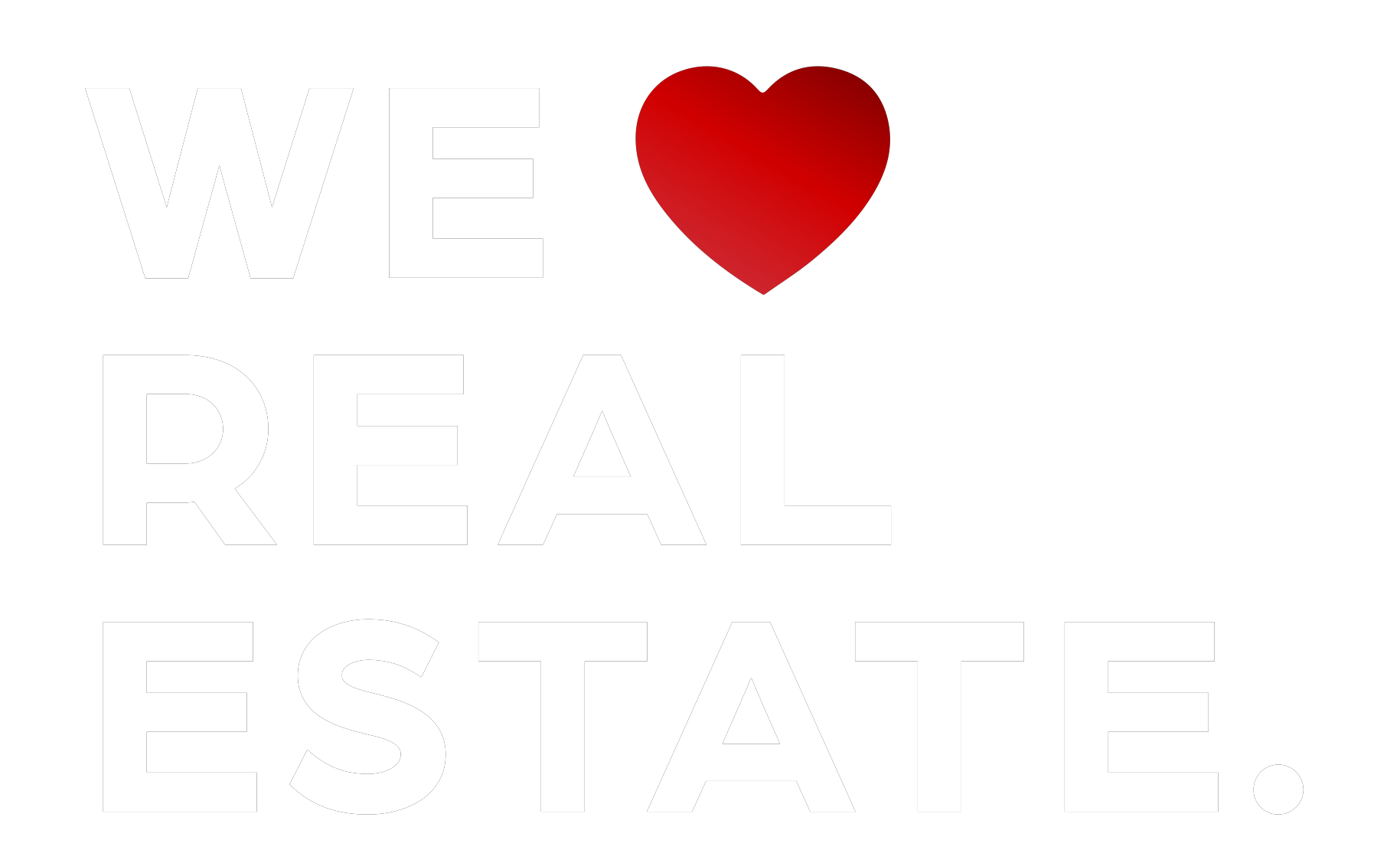11 Things I've Learned About Investing In Real Estate
List of Services
-
The first one is the hardestList Item 1
The nerves. “What if I can’t rent it?” I hear this too often. It’s hard to reassure that uncertainty sometime, but purchasing an investment property is a very calculated decision. We are all afraid of what we don’t know as well. If I was buying a ski home or a place in Florida to rent, I would have the exact same concern. Frankly at this point my decisions in real estate are so calculated I could buy a piece of real estate easier than I could decide on a pair of sneakers.
-
It takes time Write a description for this list item and include information that will interest site visitors. For example, you may want to describe a team member's experience, what makes a product special, or a unique service that you offer.List Item 2
-
Treat it like a businessList Item 3
If you had a store would you have dirty windows? A lousy product? Never go by and check in? There is your answer: a hands-on approach in the beginning gives you expectations for hiring someone later. Take care of what you own and it will take care of you.
-
Do the work yourself firstList Item 4
During those early years of owning rental properties the last thing I wanted to do on a Saturday was snake a toilet, but my dad was steadfast that “You can’t afford to pay someone else to do it. That’s not how to get ahead.” So, I did all the jobs I could. As my portfolio grew, it gave me knowledge of what things cost, and which ones were worth hiring someone to do. That hand on approach has paid huge dividends in my life.
-
Re-evaluate every 5 years
As my mortgages mature, I re-evaluate my equity position. Simply put, if I have grown to a substantial amount (an amount that can be used to purchase a better, or even more additional properties), I re-evaluate how the property performs. If I continue to see value in the property even at today’s prices because of the strength of its performance, I may refinance, moving equity into the acquisition of more property. If I feel the value has risen to an amount I cannot support, I become a seller, using the proceeds to blossom into more ownership and hence increasing the incline of the performance of the portfolio.
-
The investment of a home is overlooked too much
Relax, you are already investing in real estate. Forget just rentals, your principle residence will prove to be one of the best assets you ever own. Think about it. If you live in a $500,000 home, and real estate rises by 5%, you are making $25,000 tax free for year one of owning that home. How much money do you have to earn to save $25,000 tax free? Frankly, most people just can’t. Home ownership is like a watchful parent, making sure you are saving money instead of wasting it. Live in the house you want. I hesitate to call it an investment because it is an asset. However, the minute it makes you money, it is one.
-
Renting a property can be a lot like flipping
I have always put more into my rentals than others thought I should. In fact, I probably would continue to raise the bar if I had my way. The better it looks, the more rent you will get, the better the tenant, maybe even the longer the stay. Houses sell for more money when they look great. Renting is no different.
-
Take care of small problems before they become big problems
A $500 dollar leak can become a $5,000 disaster if left untouched. Make sure you do monthly inspections of both rentals and your home. Maintaining a watchful eye can be the difference. Check the downspouts. Clean the gutters. Don’t overload the washing machine. Clean the furnace filter. Ever hear the expression, “a clean car runs better”? Home ownership is no different.
-
The numbers speak. Learn to look closely at their performance
I went from “I think it should break even,” to analyzing my return on equity in years 5-10. The numbers of a rental can tell you a lot about the performance. It’s one thing to look at what a property makes you per month, but another to look at the performance in later years. Doing this gives you the ability to prepare for decisions and perhaps accelerate the performance by being ready.
-
You get a return on the down payment, not on the value
If I buy $500,000 of stock and it goes up 10%, I’ve made $50,000. Great, right? But if I buy a $500,000 property, I may only have to put down $100,000. If the value goes up 10%, I’ve still only made $50,000, right? But, it’s a 50% return on what I put in. You just can’t beat it. Trust me, I’ve tried.
-
It is never too late to start
Too many people have said, “I should have started when you did.” My answer: Start reading the article again.
Share this post on






